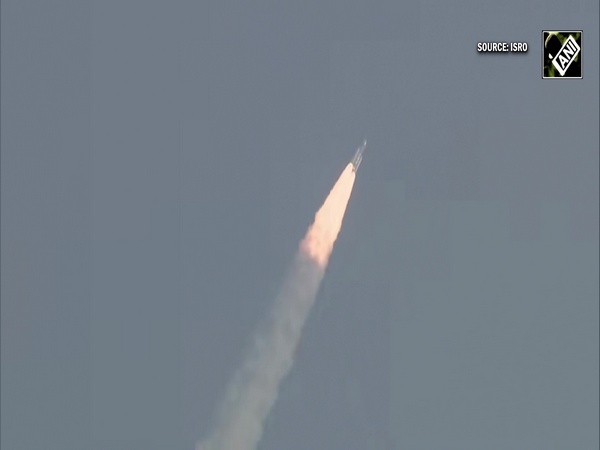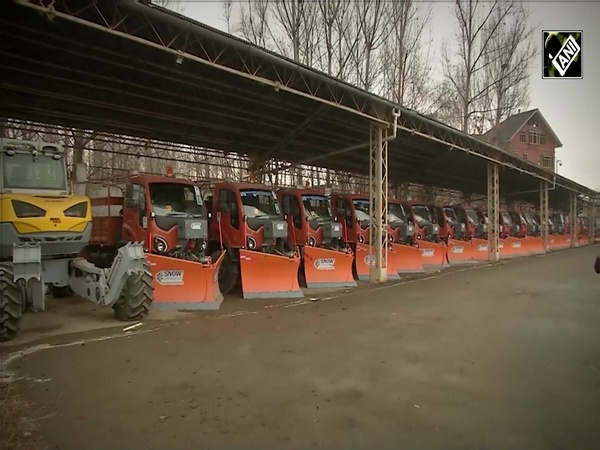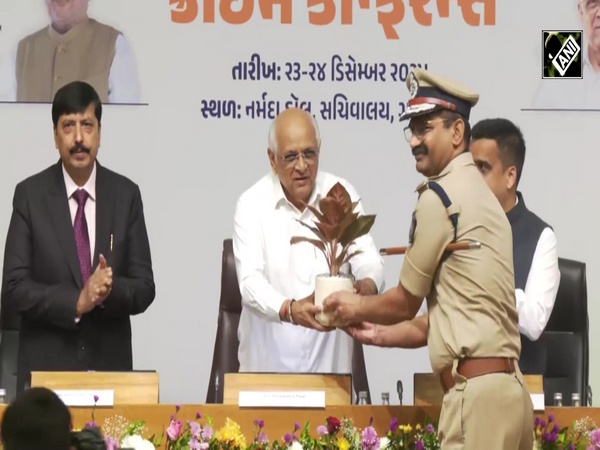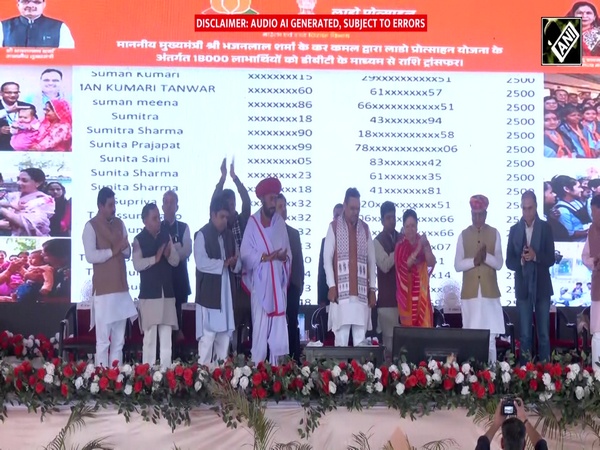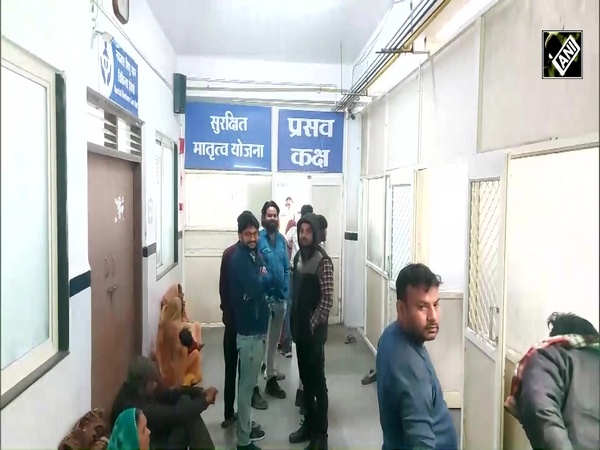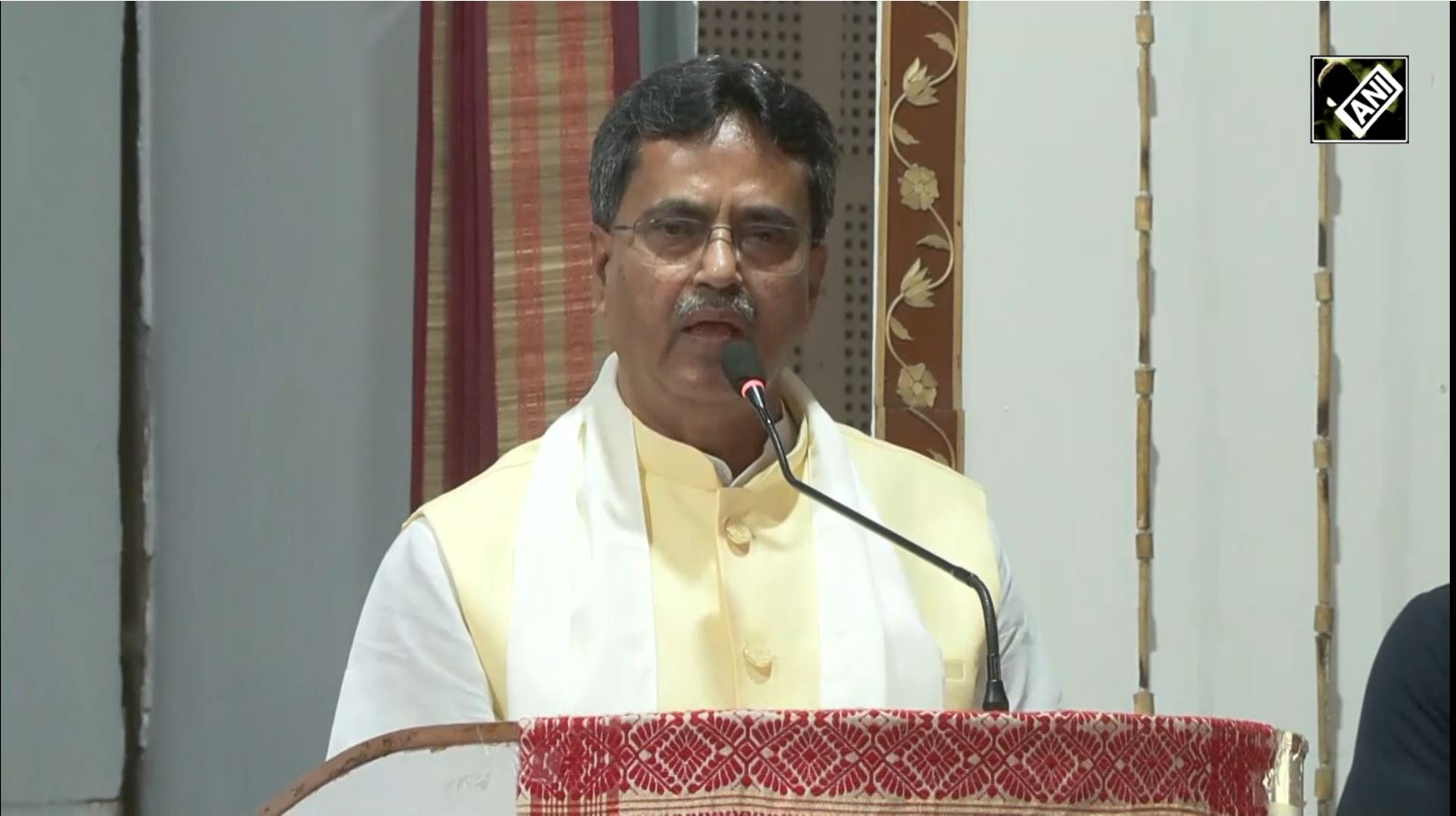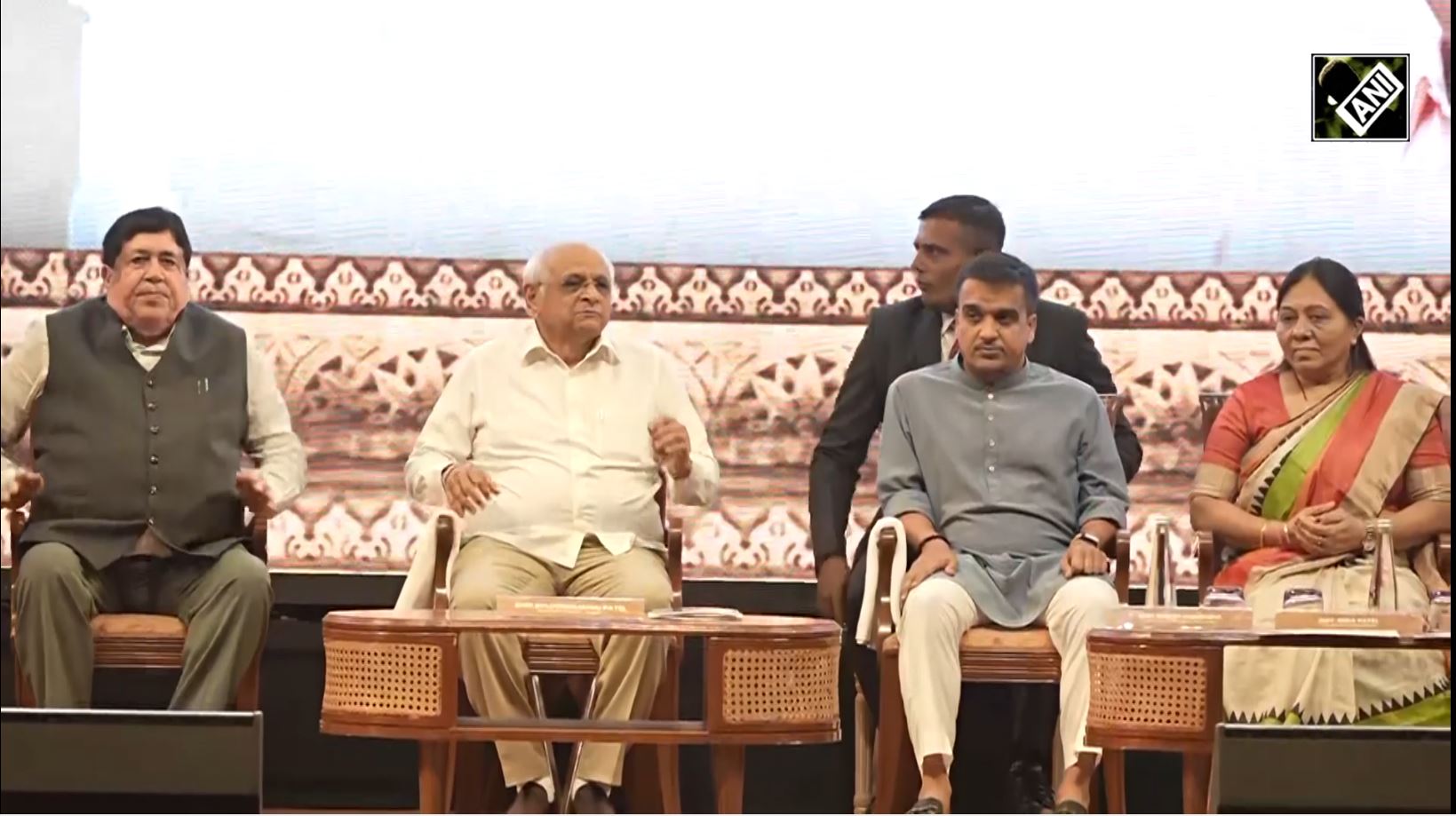China using digital version of brute force to cover up atrocities against Uyghurs
Jun 29, 2021

Beijing [China], June 29 : China has released thousands of clips, where people are seen claiming, "We are very free", as part of a state campaign to cover up for the cultural genocide against Uyghurs being carried out by President Xi Jinping's regime.
Washington Post in an editorial piece highlighted that officials in China have swayed civilian opinion through a digital version of brute force, which includes vast and rapid content production, followed by vast and rapid promotion on domestic channels. Now the regime has ramped up those efforts to post the clips on YouTube, amplify them on Twitter through a network of connected accounts, and spread them further with the help of Chinese officials, state-run media and other nationalist figures.
China has always done its best to keep expatriates and students entrapped in its censorship policies even when they are living abroad through controlled social media services like WeChat. The strategy aims to keep the blindfold even on those who find their way to sites with a freer hand toward expression.
Recently, family members of 74-year-old Rebiya Kadeer, an Uyghur activist living in exile in the United States, had appeared in several of the clips, where her granddaughters, whom she hasn't seen since they were babies, told her, "I hope you won't be fooled again by those bad people overseas."
The recently unearthed operation reveals China's continued intention to exploit the openness of the United States, its allies and the technology companies their citizens rely on to spread false and regime-friendly political narratives, according to Washington Post.
Since its revolutionary days, the Chinese Communist Party (CCP) has viewed military and propaganda -- or "the barrel of the gun and the shaft of the pen" as described by former Chairman Mao Zedong -- as the two most important tools for its ascent to and hold on power, said Nectar Gan, writing for CNN.
Newspapers, literature, television, film, music, theatre and even pop culture is a conduit through which the party propagandise its ideas and policies, and shape public opinion in the direction it desires.
Propaganda has been used widely by China as a weapon in terms of the COVID-19 outbreak and mass deception.
In May, the CCP released a white paper on Tibet that was considered yet another attempt by the Communist Party of China to whitewash the ground reality through propaganda.
China has been rebuked globally for a crackdown on Uyghur Muslims by sending them to mass detention camps, interfering in their religious activities and sending members of the community to undergo some form of forcible re-education or indoctrination.
Earlier this month, Canada delivered a joint statement on behalf of 44 countries at the UN Humans Rights Council expressing grave concerns over the "Uyghur genocide" in China's Xinjiang province.
"We urge China to allow immediate, meaningful and unfettered access to Xinjiang for independent observers," Canada's Ambassador and Permanent Representative to the UN in Geneva Leslie Norton said at the UNHRC meeting on behalf of 40 countries.
The statement was backed by major countries Germany, France, Italy, Japan, Australia, Britain, Spain and the United States, among others.













